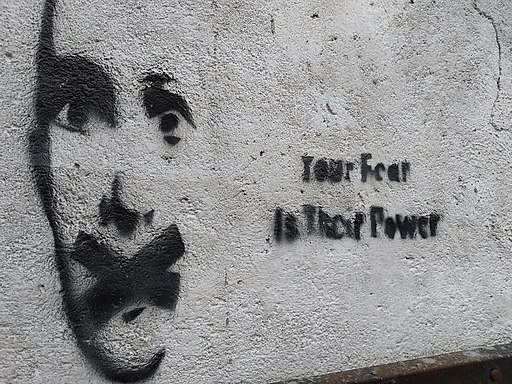
The Silencing of Afghan Women in the Peace and Reintegration Process
Despite international calls for women’s inclusion, Afghan women have played a very limited role in the peace process—highlighting the lack of importance assigned to women’s experiences by both Afghan society and the international community.

From the Cuban Missile Crisis to Russia’s War in Ukraine: Strategic Empathy as Feminist Foreign Policy
In this essay, Samara Shaz outlines how a feminist foreign policy should replace brinkmanship with strategic empathy in order to end wars and prevent further loss of human life.

Bottom-Up Conflict Narratives and Identity Construction in Syria
Individuals’ interpretations of the Syrian armed conflict correlated with their way of thinking about the “in-group” to which they envision belonging in the future—namely, whether that “in-group” is broadly inclusive and pluralistic or narrowly defined in terms of ethnic or sectarian identity.

Right to Choice and the Hijab: Call for International Legal Reform
In this essay, Raghavi Purimetla and Amukta Sistla envision how a feminist foreign policy can integrate with international legal frameworks to protect women’s rights around the world.

“From Victims to Leaders”: Let the Silenced Speak – Climate Change through the Lens of Feminist Foreign Policy
In this essay, Shrinwanti Mistri argues for climate justice as a core feature of feminist foreign policy, and for centering those most impacted and marginalized by the global climate crisis in decision-making processes about how to address it.

The Feminist Revolution: An Anti-Capitalist, Anti-Militarist Case for Rethinking Foreign Policy
In this essay, Irina Militaru argues that a feminist foreign policy must be anti-capitalist.
Viewpoint: Is Military Aid Really the Best Way to Help Ukraine?
Please read this timely commentary co-authored by WPI’s Peace Science Digest Senior Editor Molly Wallace in Political Violence@ A Glance. The authors ask to “turn the spotlight onto those Ukrainians who—despite the loud calls for military weaponry—have been steadily engaged in various forms of nonviolent resistance and defense since the invasion. Their actions deserve more … Read more

Facts Change Americans’ Beliefs About the Actual Risks of Terrorism
Facts about the risk of terrorism, especially in the context of other risks factors, can mitigate Americans’ fears of terrorism and bring them into closer alignment with reality.

The War Within
In this essay, Morgan Shier intimately links the experience of daily life with a call for policies that recognize human multidimensionality, intersectionality, and interconnectedness.

The Case for a Feminist Domestic Policy for Mexico
In this essay, Rocío Magali Maciel calls for a feminist domestic policy for Mexico—in addition to the country’s feminist foreign policy—to address violence against women.

The Girl Next Door: How Local Individuals Can Affect Global Policy
In this essay, Isobel Dodd argues that addressing domestic misogyny must be a part of a feminist foreign policy to strengthen state security.
